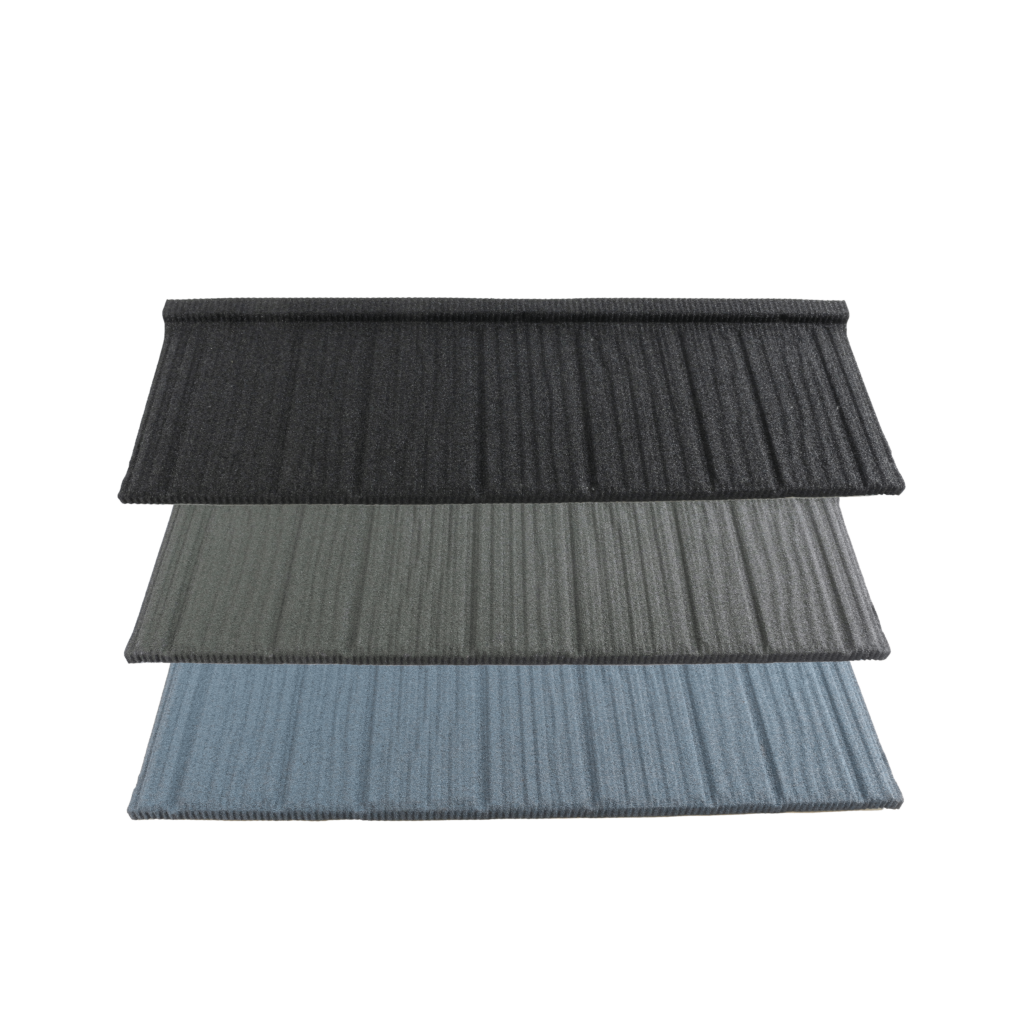In a world increasingly driven by precision and unique design, the demand for adaptable manufacturing solutions is soaring. Among these, custom sheet metal fabrication stands as a cornerstone, offering unparalleled flexibility and durability for a vast array of applications. From intricate architectural elements to robust industrial components, the ability to tailor metal to specific needs unlocks a realm of possibilities.
But what exactly is custom sheet metal fabrication, and why is it so crucial? Let’s delve into the process, explore its benefits, and uncover the industries that rely on this versatile technology.
The Art and Science of Shaping Metal
Custom sheet metal fabrication involves transforming thin sheets of metal into desired shapes and forms through a variety of processes. These processes can range from simple bending and cutting to complex forming and welding. The journey begins with a detailed design, often created using computer-aided design (CAD) software. This digital blueprint serves as the foundation for the entire fabrication process, ensuring accuracy and precision.
Once the design is finalized, the chosen metal sheet – be it steel, aluminum, stainless steel, or copper – is selected. The fabrication process then kicks into gear. Common techniques include:
- Cutting: Utilizing laser cutting, plasma cutting, or waterjet cutting to achieve precise shapes.
- Bending: Employing press brakes to fold and form the metal into desired angles.
- Punching: Creating holes or specific shapes using specialized punching machines.
- Welding: Joining metal pieces together using various welding techniques, such as MIG, TIG, or spot welding.
- Finishing: Applying coatings, powder coating, or other surface treatments for aesthetic appeal and corrosion resistance.
The expertise of skilled fabricators is paramount in each stage. They understand the properties of different metals, the nuances of each fabrication technique, and the importance of quality control. Their ability to translate design concepts into tangible products is what makes custom sheet metal truly remarkable.
The Unmatched Advantages of Customization
Why opt for custom sheet metal over off-the-shelf solutions? The answer lies in the unique advantages it offers:
- Tailored Solutions: Custom fabrication allows for the creation of components that perfectly match specific requirements. This is particularly crucial for projects with unique dimensions, complex geometries, or stringent performance standards.
- Design Flexibility: Designers and engineers are liberated from the constraints of standard sizes and shapes. They can explore innovative designs and push the boundaries of creativity, knowing that custom fabrication can bring their visions to life.
- Enhanced Durability: By selecting the appropriate metal and applying suitable finishing techniques, custom sheet metal components can be engineered for exceptional durability and longevity. This is vital for applications exposed to harsh environments or demanding operating conditions.
- Cost-Effectiveness: While custom fabrication may seem more expensive initially, it can lead to long-term cost savings. By optimizing designs and minimizing material waste, manufacturers can reduce overall project costs. Furthermore, the enhanced durability of custom components translates to reduced maintenance and replacement expenses.
- Rapid Prototyping: Custom sheet metal fabrication facilitates rapid prototyping, allowing for the quick and efficient creation of prototypes for testing and validation. This accelerates the product development cycle and enables faster time-to-market.
Industries Powered by Custom Sheet Metal
The versatility of custom sheet metal makes it an indispensable tool across numerous industries:
- Architecture and Construction: From intricate facade panels to structural components, custom sheet metal plays a vital role in modern architecture. Its ability to create unique shapes and designs allows architects to realize their most ambitious visions.
- Aerospace and Automotive: In these industries, precision and lightweight materials are paramount. Custom sheet metal fabrication enables the creation of complex components with tight tolerances, contributing to the performance and efficiency of aircraft and vehicles.
- Electronics and Telecommunications: Custom enclosures and housings are essential for protecting sensitive electronic equipment. Sheet metal’s electromagnetic shielding properties and thermal conductivity make it ideal for these applications.
- Medical and Healthcare: Medical devices and equipment often require custom components with specific dimensions and materials. Custom sheet metal fabrication ensures the precise manufacturing of these critical parts.
- Industrial Manufacturing: From machinery components to material handling equipment, custom sheet metal is used extensively in industrial settings. Its durability and versatility make it suitable for a wide range of applications.
- Renewable Energy: Solar panels and wind turbines require durable and weather-resistant components. Custom sheet metal fabrication provides the necessary solutions for these demanding applications.
The Future of Custom Sheet Metal
As technology continues to advance, the future of custom sheet metal fabrication looks bright. The integration of artificial intelligence (AI) and machine learning (ML) is streamlining design and manufacturing processes, enhancing efficiency and accuracy. Automation and robotics are further optimizing production, reducing lead times and improving quality.
The growing demand for sustainable manufacturing practices is also driving innovation in the industry. The use of recycled materials and the development of eco-friendly finishing techniques are becoming increasingly important.
In conclusion, custom sheet metal fabrication is a dynamic and essential manufacturing process that empowers industries to create tailored solutions for their unique needs. Its flexibility, durability, and cost-effectiveness make it an indispensable tool for designers, engineers, and manufacturers alike. As technology evolves and sustainability becomes a greater focus, the future of custom sheet metal is poised for even greater innovation and growth.




